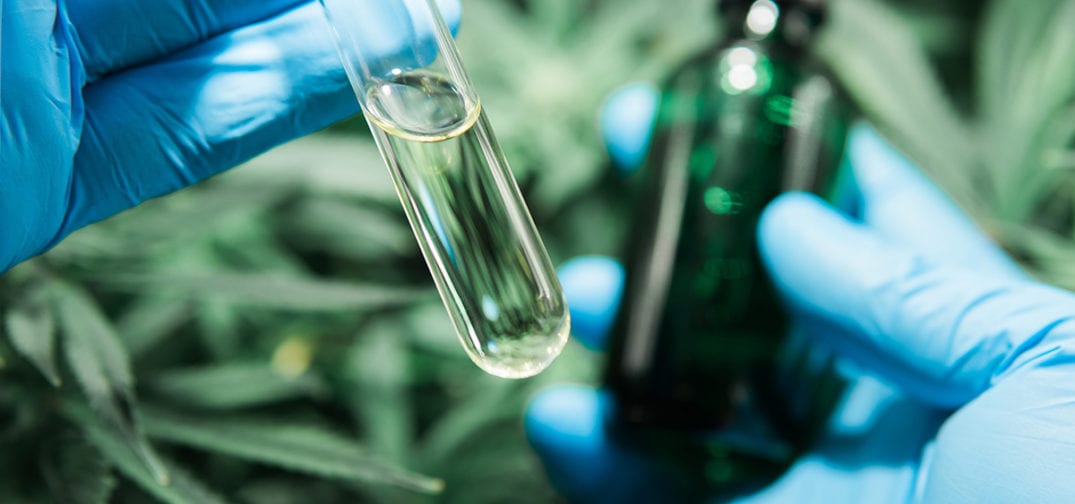A study published ahead of print last month by Mary Ann Liebert, Inc. suggests that cannabidiol (CBD) can help to slow the decay of brain cells.
The study, titled “Neuroprotective Effect of Cannabidiol Against Hydrogen Peroxide in Hippocampal Neuron Culture,” investigated the potential neuroprotective and neurotoxic effects of CBD “in vitro,” meaning in a petri dish or neuron culture platform.
Researchers specifically investigated CBD‘s effectiveness against the neurotoxicity of hydrogen peroxide (H2O2), a molecule that has been considered as a potential culprit in severe pathological conditions such as cancer, strokes, and neurodegenerative diseases.
“Although CBD showed both neurotoxic and neuroprotective effects on hippocampal neurons in the in vitro setting, the use of low-concentrated … CBD, not causing toxic effects on the neurons, significantly rescued the neurons from the oxidative stress (H2O2), confirming its neuroprotection capability.” — Excerpt from the report
The report acknowledged that more research is needed, but the results appeared to confirm CBD’s neuroprotective potential. “Biological modes of CBD action on neurons have not been elucidated fully, but our work clearly confirmed that CBD was highly effective in neutralizing the H2O2-induced neurotoxicity on primary hippocampal neurons, which is intimately involved in the onset and progress of neurodegenerative diseases” like Alzheimer’s disease, Parkinson’s disease, Huntington’s disease, and amyotrophic lateral sclerosis (ALS), wrote authors Jungnam Kim et al.
Study authors noted that further research should investigate the effects of CBD from its various administration methods, including “ingestion, inhalation, and transdermal or topical delivery.”
Get daily cannabis business news updates. Subscribe
End
